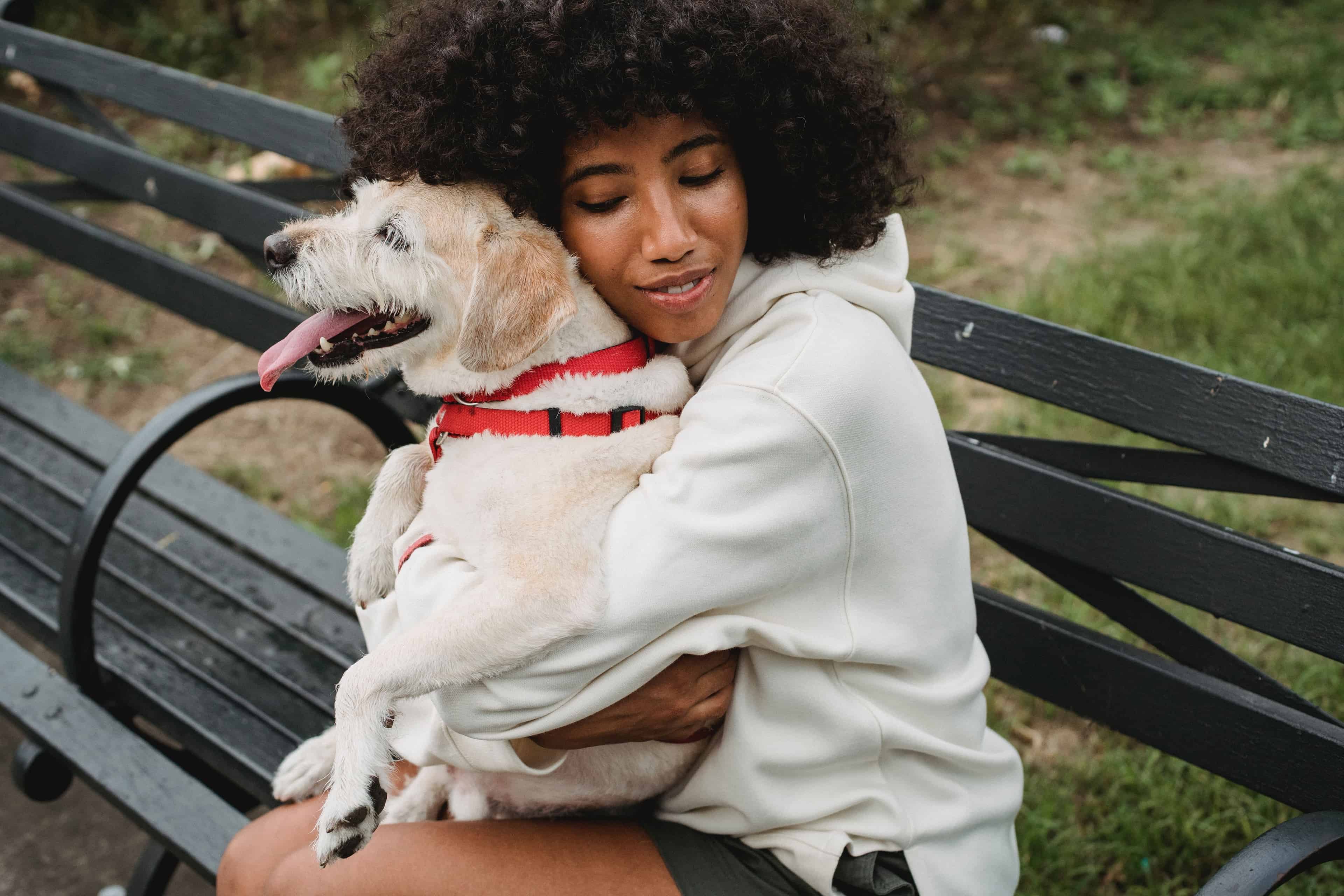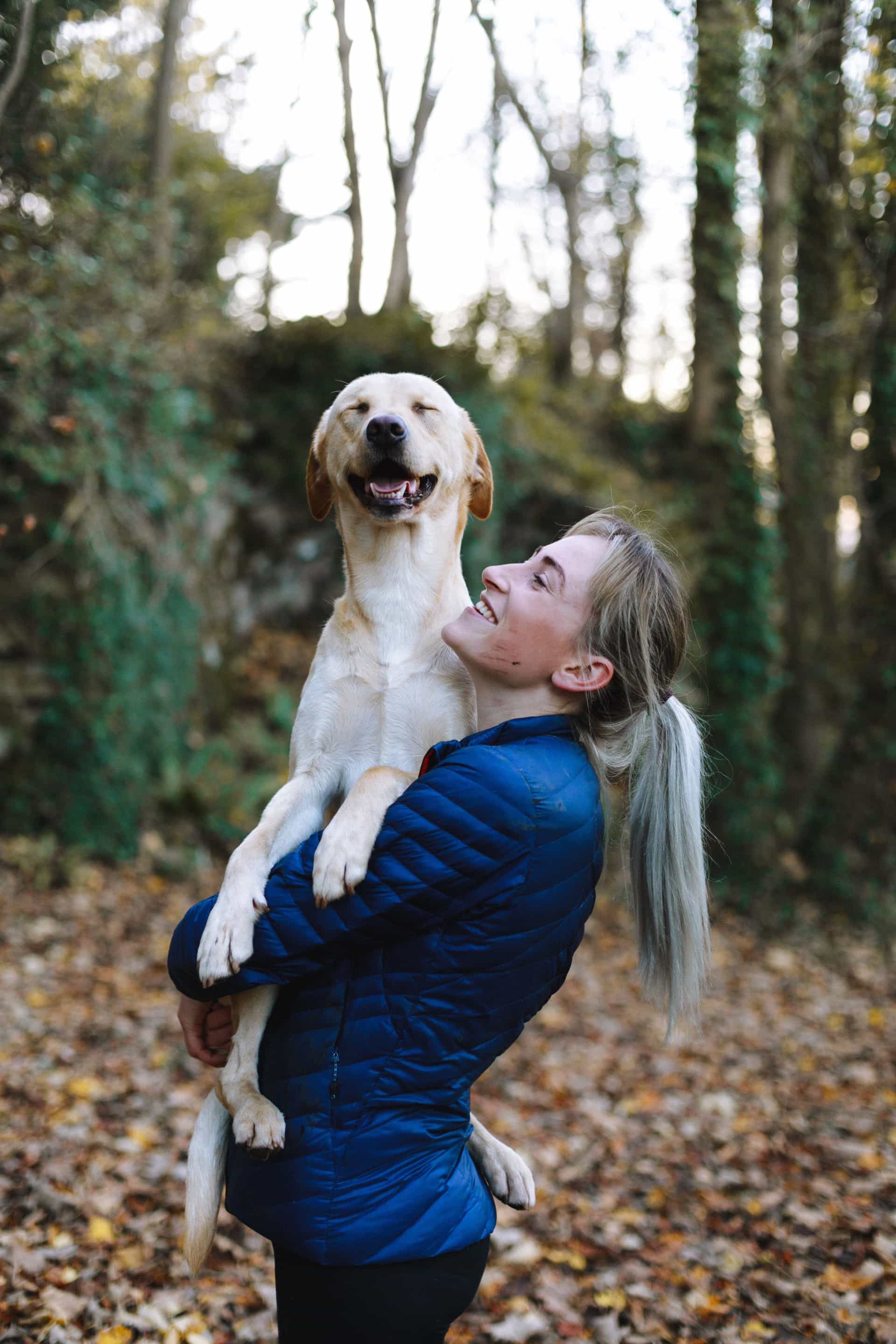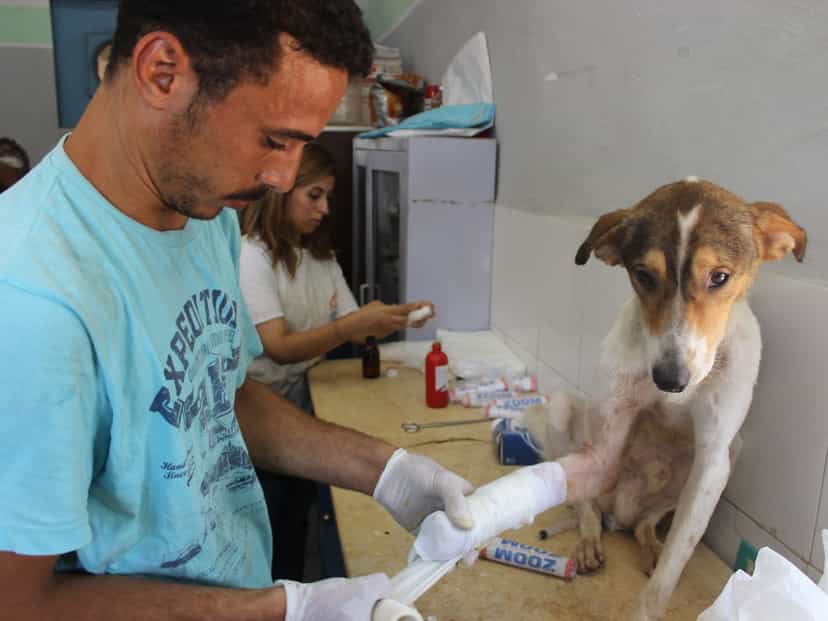
Is the UK a nation of animal lovers? As a nation how well do we treat our dogs? What are the 5 Animal Welfare needs? Where are people buying their dogs from? How can I make sure I'm buying from a responsible breeder? Dog First Aid's Dani Hickman gives all the answers to your thought-provoking questions
Mahatma Ghandi reportedly said, “The greatness of a nation can be judged by the way it’s animals are treated”. So how well do we as a nation treat our dogs? This is not an easy question to answer. In my job, I meet hundreds of dog owners who treat their pets with the utmost respect and compassion. Their every need is catered for and they are loved without limits. This is the typical profile of an owner who comes on a Dog First Aid course.
But we mustn’t be blind to the fact that for hundreds of thousands of dogs in the UK, things are very different.

According to research conducted by the PDSA, 24% of Britons own a dog and there are approximately 8.9 million pet dogs in the UK.
The Animal Welfare Act 2006 (covering England and Wales) states that owners are responsible for providing the 5 Animal Welfare needs. They are:
- To be protected from pain, suffering, injury and disease
- To live in a suitable environment
- To have a suitable diet
- To be able to exhibit normal behaviour patterns
- To be housed with, or apart from, other animals
The PDSA surveyed 4639 cat, dog and rabbit owners who live in the UK and are over 18. Of those surveyed, 74% felt informed about the 5 welfare needs, but only 13% correctly identified them all. Of course, this doesn’t mean that the needs are not being met, but there is more to be done in raising awareness.

In the same survey, 22% of dog owners got their dog from a rescue centre, 20% from a private seller and 28% from a breeder of a specific breed. So where are the other 30% coming from? Well 16% of those surveyed said that they would consider buying from a puppy farm and 21% said that they’d consider buying from a seller that approached them.
Puppy farms are places of misery and suffering. Dogs are often over bred for profit and the animal’s welfare is not a priority. Often these dogs are in confined spaces, are dirty and the resulting offspring are likely to suffer deformities and illnesses as a result. You don’t have to look far on the internet to see stories of these places being discovered and the appalling conditions inside them.
Buying from places like Gumtree and Shpock comes with its own risks – the animal has not been assessed, you don’t always know their history and the seller may be selling the dog due to behavioural or medical issues that they don’t disclose. Likewise selling online or in the papers may mean that the dog is bought for sinister purposes and those involved are very cunning; often posing as husband and wife pairs and promising a loving home. Project Bloodline, initiated by the League Against Cruel Sports identified that a dog fight occurs every day in the UK. Their report into what happens before, during and after a fight makes for stomach churning reading.
In their stray dog survey 2017 The Dogs Trust report that 66,277 stray dogs were handled across the UK between 1 April 2016 and 31 March 2017. Of those dogs 60% were reunited with their owners. This leaves 26,511 who were not. It is estimated that 2,231 of these strays were put to sleep. Only 34% of the strays taken in were microchipped – despite a change in the law on 6th April 2016 stating that ALL dogs are to be microchipped. But to make the situation worse, of the dogs that were microchipped a whopping 69% had incorrect owner or contact details.



